Types of Governments
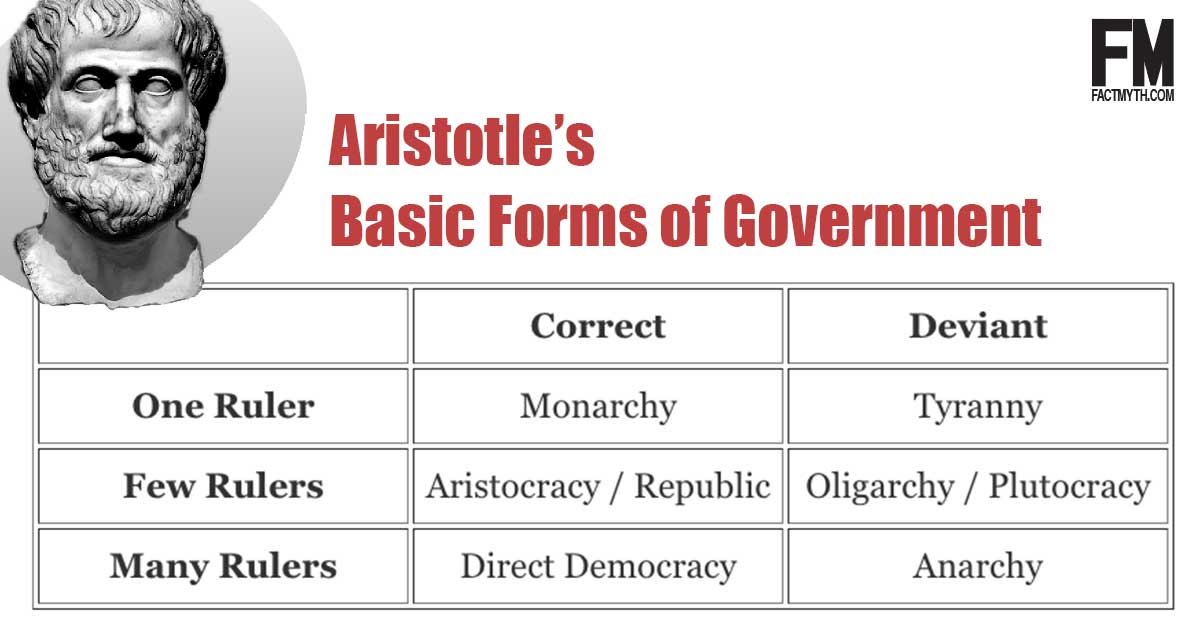
We explain and list the types of governments. We cover the basic classical forms of government, the many types of governments that can be derived from the classical forms, and the actual forms of governments in practice.
Morality describes a value system, not a value system pertaining to a religious belief, but a value system inherent in the human condition. This can be simplified to the concept of right and wrong.
Broadly morality, in terms of philosophy, describes an area of philosophy that looks at concepts like ethics and justice that arise from within the human condition, and not from within societal structures like legal systems, religions, and other groups (although it does dictate how we should manage these things).
Moral principles are ideally empirically gleaned (they are not meant to be gleaned from pure reason), and many attest that the first principle of morality is “happiness” (as Aristotle describes in his ethics or as John Stewart Mill describes in his theory utilitarianism).
Describing morality is a bit like describing emotions, very difficult in a small introduction. See the articles below for facts and myths on morality.
See Stanford Encyclopedia of Philosophy’s Definition of Morality.

We explain and list the types of governments. We cover the basic classical forms of government, the many types of governments that can be derived from the classical forms, and the actual forms of governments in practice.
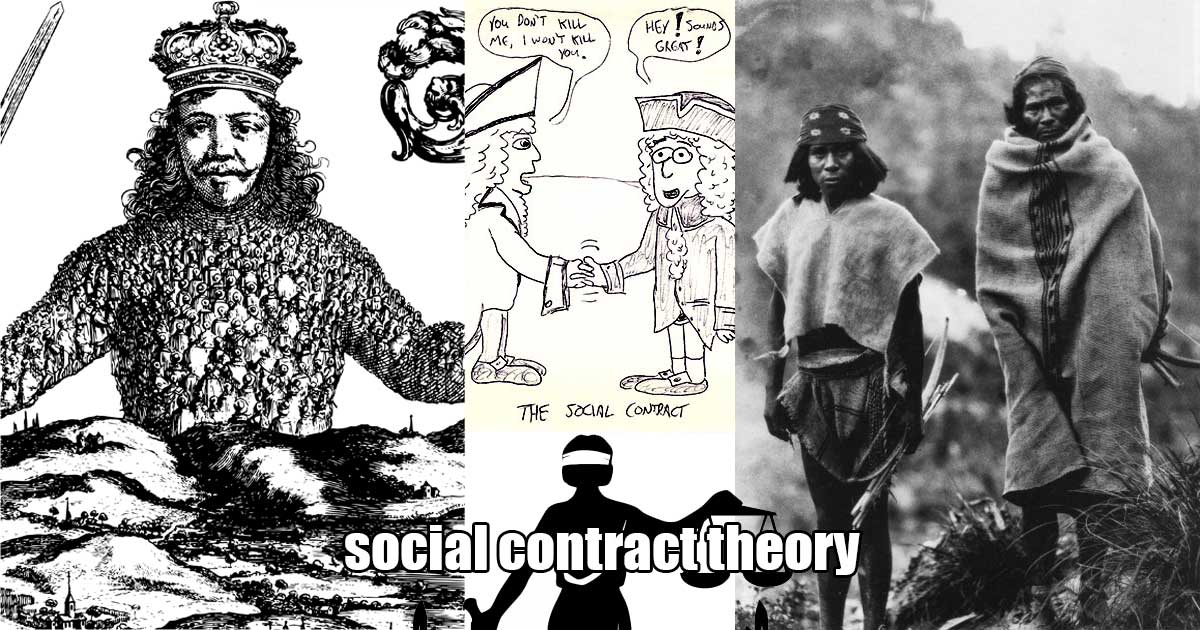
Social Contract Theory is the theory of why people form governments based on how people lived in a State of Nature before government.
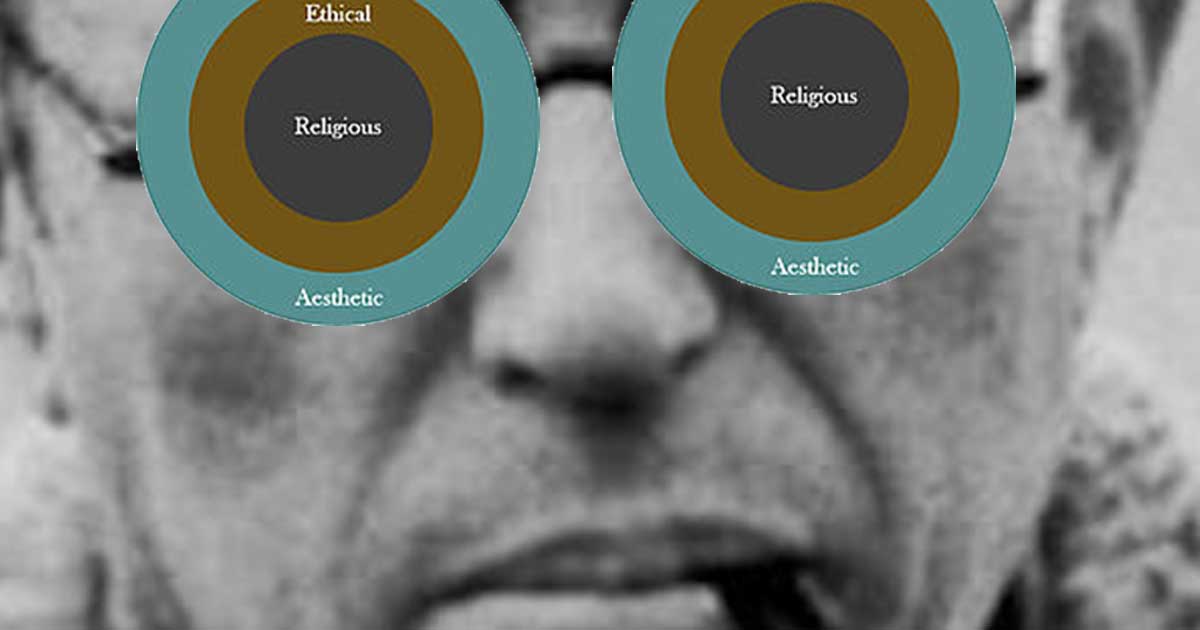
Essentialism is the idea that everything has an essence (something that “makes it, it”). Existentialism says there is no essence (no intrinsic meaning that can be confirmed by the senses or reason).
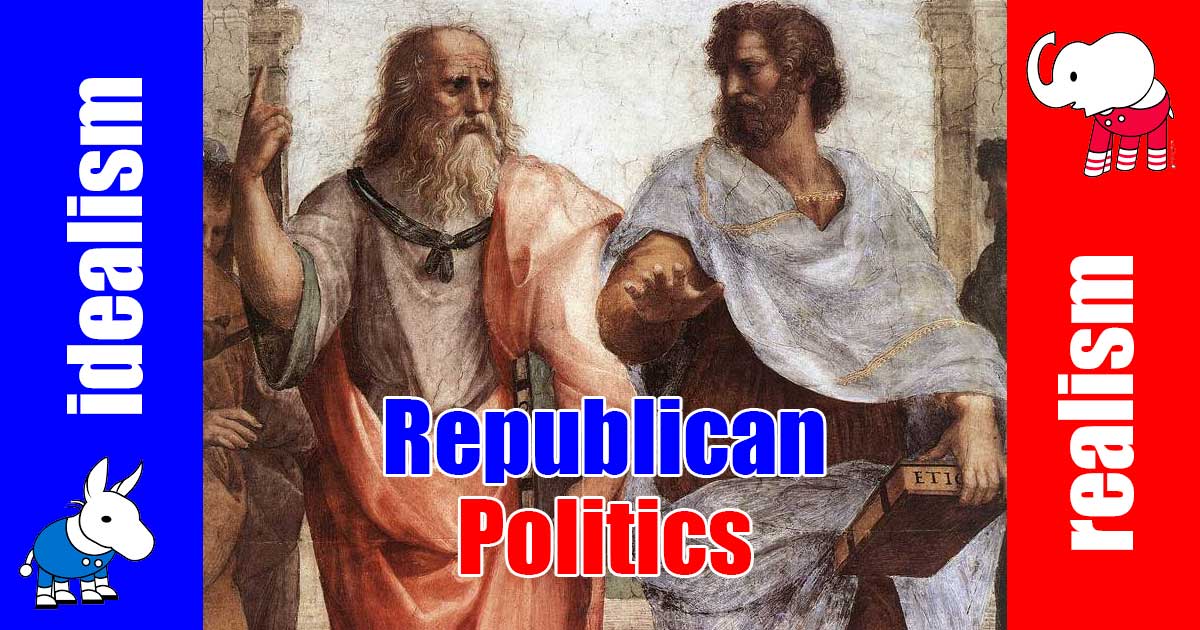
Plato can be understood as the father of rationalism and political philosophy (political idealism), and Aristotle, his student, the father of empiricism and political science (political realism).
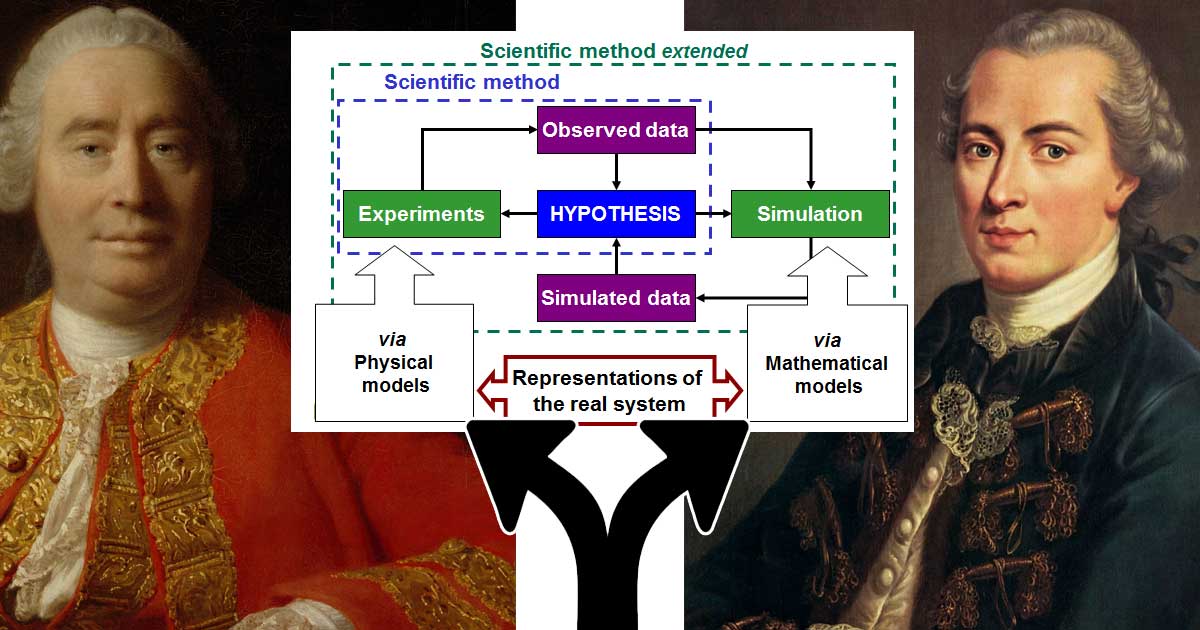
“Hume’s fork” describes how we refer to Kant’s critique of Hume, who separated knowledge into two types: facts based on ideas and facts based on experience.
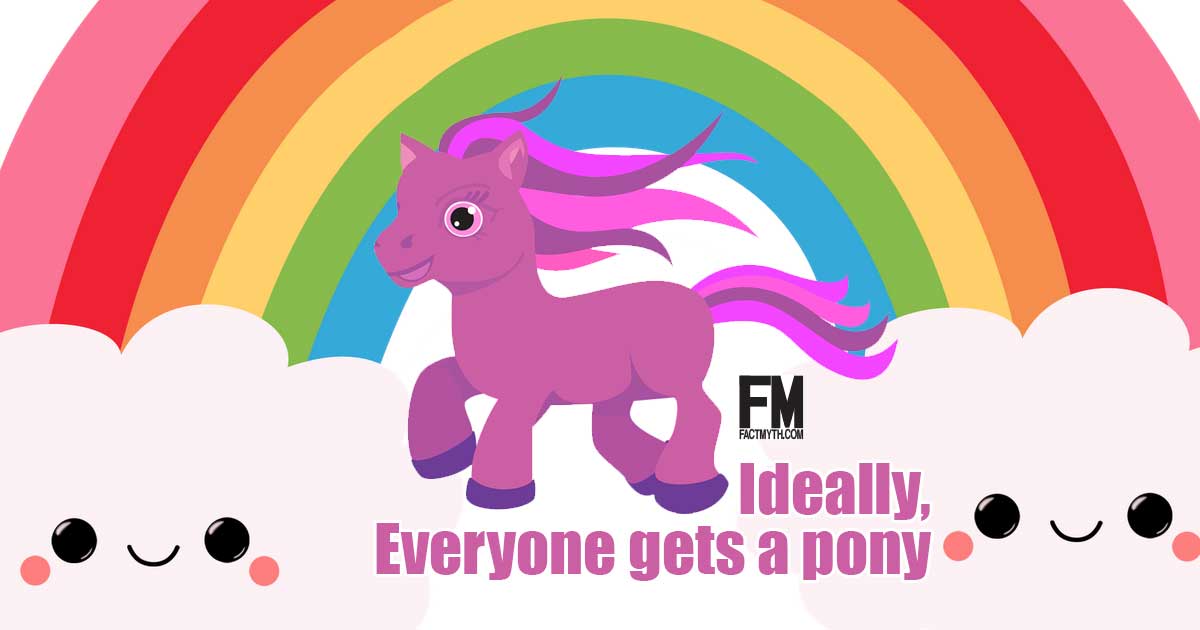
Political realism is dealing with politics as they are in reality, political idealism is dealing with politics as an ideal.
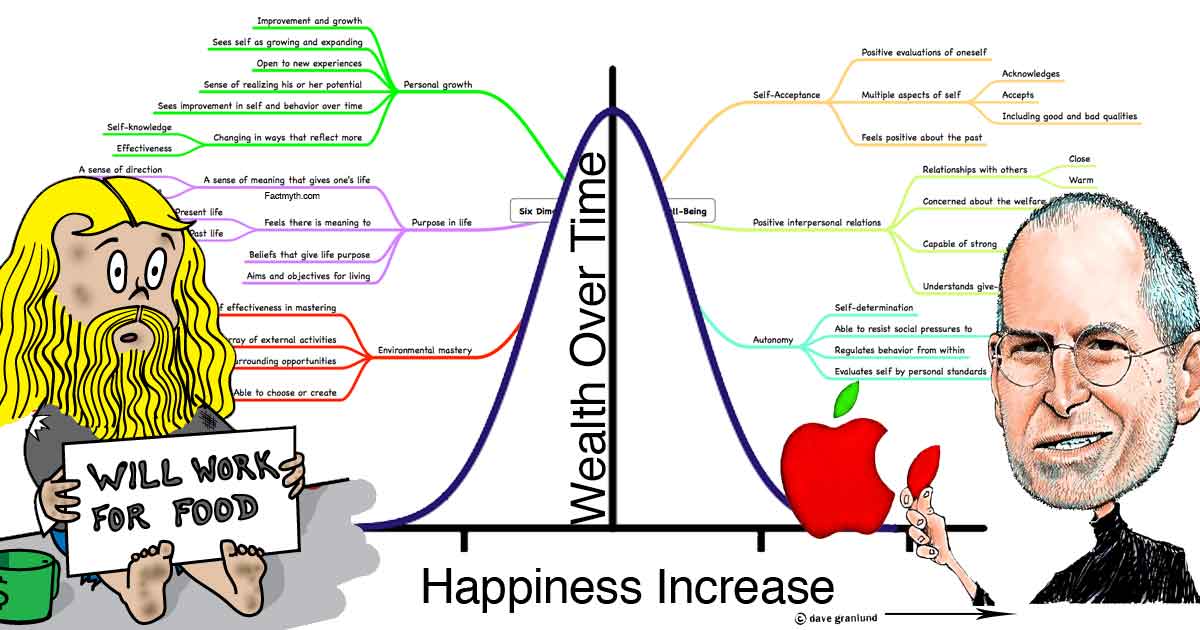
We explain two types of special interests: cronyism (politicians working with corporate interests) and monopolies / oligopolies (the consolidating of corporate power in a given industry to one or few entities).
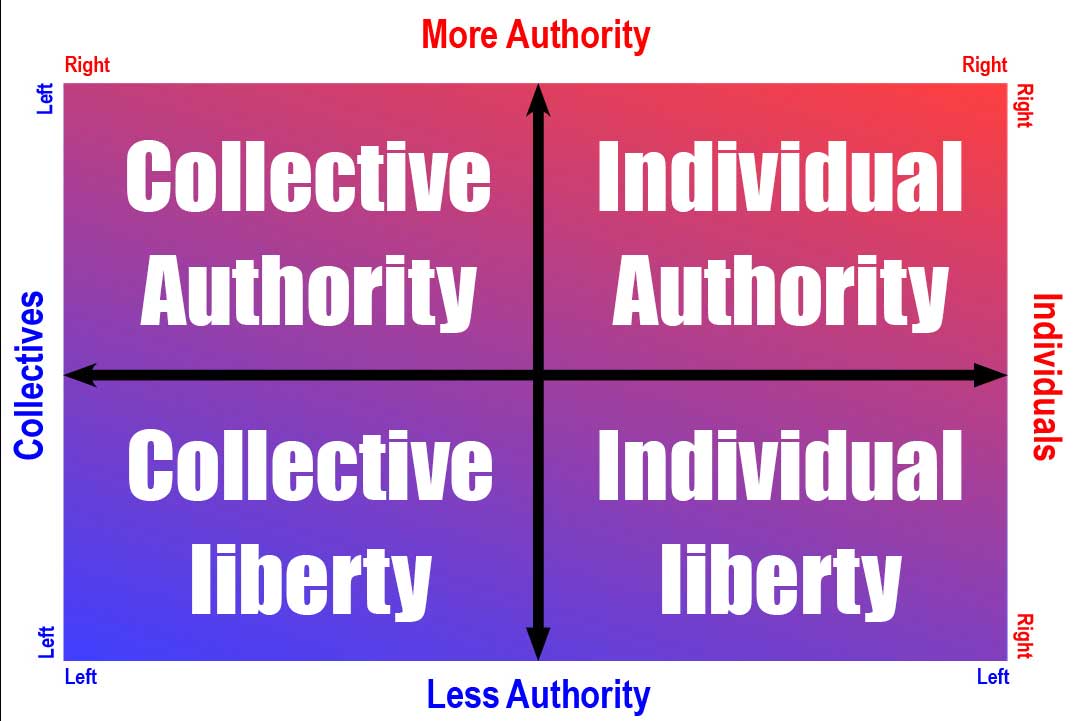
Collectivism describes ideology (political or otherwise) that favors the collective, like-wise Individualism describes ideology that favors the individual.
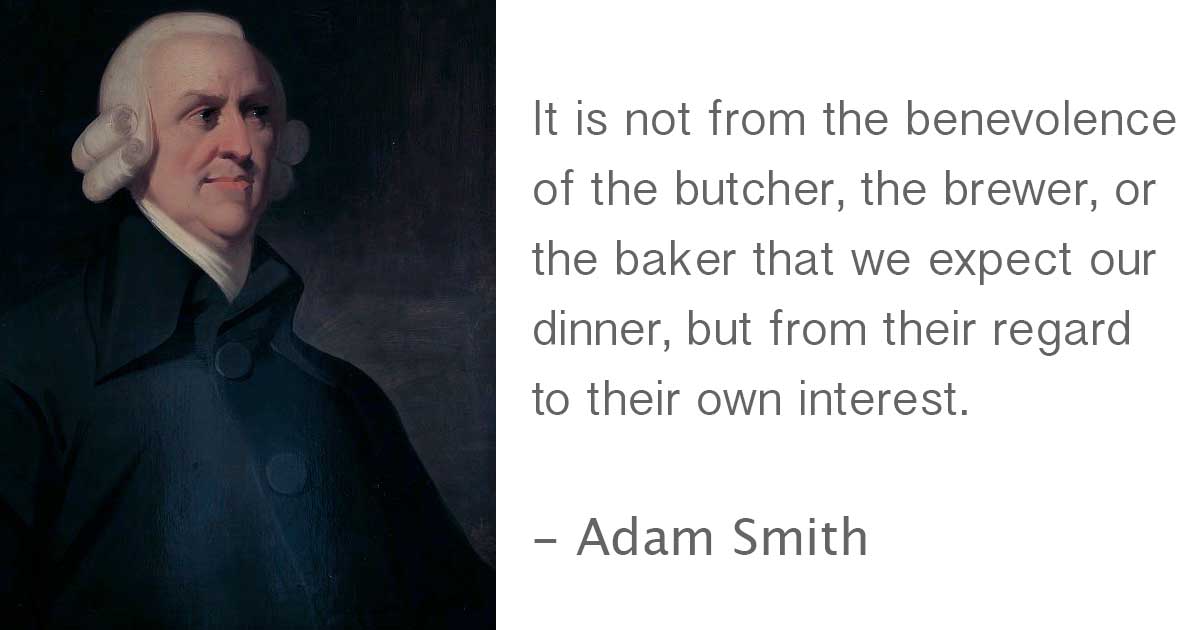
We explain Adam Smith as a Moral Philosopher, and explore how his Theory of Moral Sentiments connects to his economic theory from The Wealth of Nations.
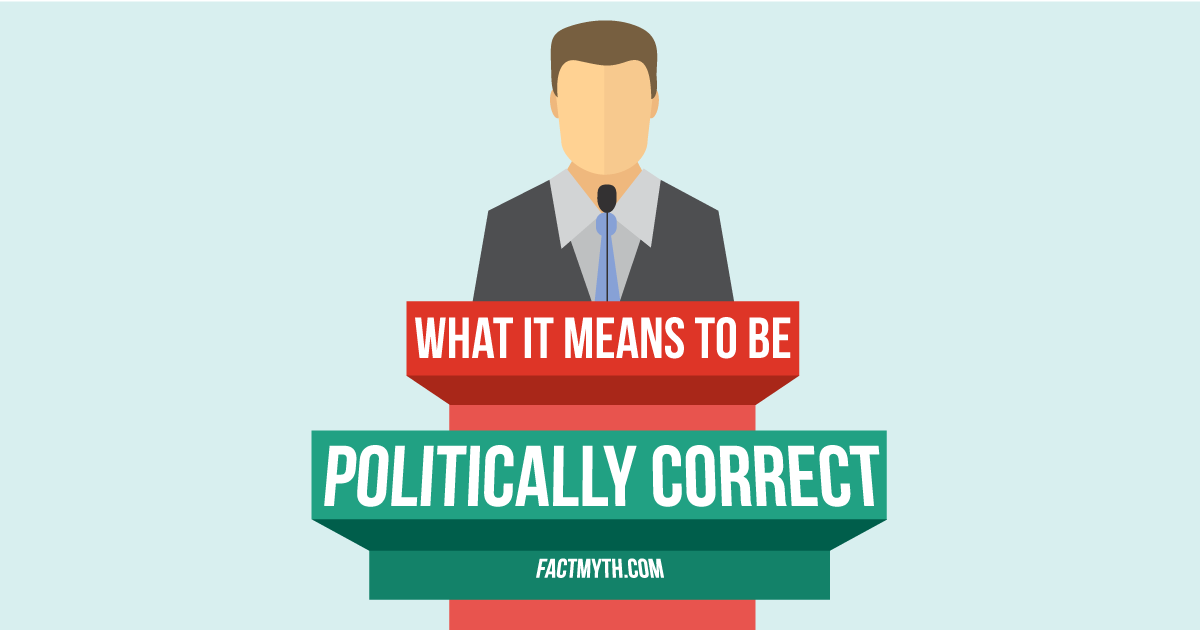
Political Correctness (politically correct or PC), describes how much tolerance, sensitivity, censorship, and freedom of expression “is correct” in a given setting.